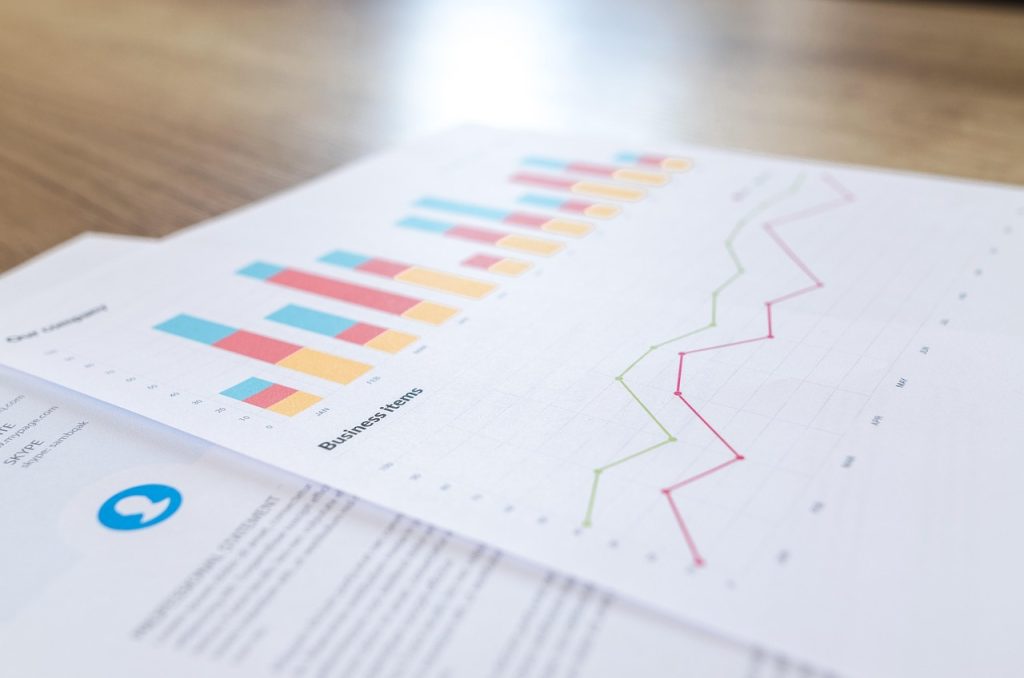Do you believe you can find the ultimate “bargain” in the real estate market?
Do you think that if you keep your property’s price high, a buyer will eventually appear and pay?
These are two of the most common beliefs that influence the real estate market—and they are based on logical fallacies and psychological mechanisms.
Let’s explore why these beliefs rarely reflect reality and how they can lead to financial losses, missed opportunities, and misguided strategies in real estate transactions.
1. The Illusion of the “Great Deal”
“I’m looking for a real bargain!”
How many times have you heard someone say this? Or even thought it yourself?
The problem: Most people believe there’s a property on the market that is significantly underpriced—if only they search hard enough.
But the reality of the market doesn’t work that way.
1.1 Logical Fallacy: Underestimating the Competition
“If there really was a great deal, I would have found it.”
Wrong!
✔ The market is highly competitive. Real bargains don’t stay available for long.
✔ Professional investors and specialized buyers have tools and mechanisms to identify such opportunities much faster than an average buyer.
✔ Property prices are not arbitrary. Most “bargains” that seem too good to be true usually come with hidden issues:
- Legal complications (encroachments, illegal constructions)
- Urban planning violations
- Properties requiring major repairs
Conclusion: If something seems “too good to be true,” it usually is.
1.2 Psychological Mechanism: Selective Perception & Confirmation Bias
“I know someone who bought a house dirt cheap—so I can too!”
Wrong!
✔ People only remember success stories and ignore all the failed attempts.
✔ The market is not static—a deal that was available five years ago does not mean such a deal exists today.
✔ When someone gets a great deal, it usually involves specific conditions that cannot easily be replicated.
Conclusion: Chasing “the ultimate bargain” may cause you to miss out on genuinely good opportunities—waiting for something that may never come.
2. The Illusion of the “Overpaying Buyer”
“Someone, someday, will buy my property at the price I want.”
The problem: Many property owners set an unrealistically high price, hoping that “if they wait long enough, the right buyer will show up.”
But the reality of the market does not support this approach.
2.1 Logical Fallacy: Projecting Personal Expectations onto the Market
“My property is unique—so it deserves a higher price!”
Wrong! ✔ Buyers don’t buy based on the emotional value the owner places on the property.
✔ The market is governed by supply and demand—not by how “precious” the property feels to the seller.
✔ When a property stays on the market for too long, buyers begin to perceive it as “low value.”
Conclusion: The longer you wait for the “ideal buyer,” the more you risk being forced to sell at a lower price later.
2.2 Psychological Mechanism: Loss Aversion
“If I lower the price, I’ll lose money—so I’d rather wait!”
Wrong!
✔ People have a natural tendency to avoid losses—even when it leads to greater losses later.
✔ Many sellers refuse to lower the price because they don’t want to “lose,” even when market data clearly shows their asking price is unrealistic.
✔ Waiting for a better offer does not guarantee it will come. On the contrary, it may lead to an even lower final price.
Conclusion: Holding on to an unrealistic price out of fear of “losing money” often results in greater losses in the end.
Final Conclusion: Realism is the only path to successful transactions
✔ The “great deal” is often an illusion that causes buyers to miss genuinely good opportunities while waiting for something that may never come.
✔ The “ideal price” is often a seller’s personal narrative that doesn’t reflect actual market conditions.
✔ The real estate market is not shaped by desires—but by objective factors of supply and demand.
Copyright Notice
The articles included in this document are the intellectual property of Dimitris V. Zamanis and are protected by copyright law, as defined by Greek and international legislation (Law 2121/1993 and relevant European and international copyright conventions).
Reproduction of these articles is permitted, provided that the source is clearly cited and an active hyperlink is included, linking to the original publication or the author’s website.
The following are strictly prohibited:
Modification, adaptation, or distortion of the content, ideas, or meanings expressed in the articles.
Presentation of the articles, in whole or in part, as original content by a third party, whether in identical or altered form.
Commercial use or exploitation of the content without written permission from the copyright holder.
Any violation of the above terms may result in legal consequences, in accordance with current Greek and international copyright protection laws.
For permissions beyond the aforementioned terms, please contact the copyright holder at info (at) mesitis.org
